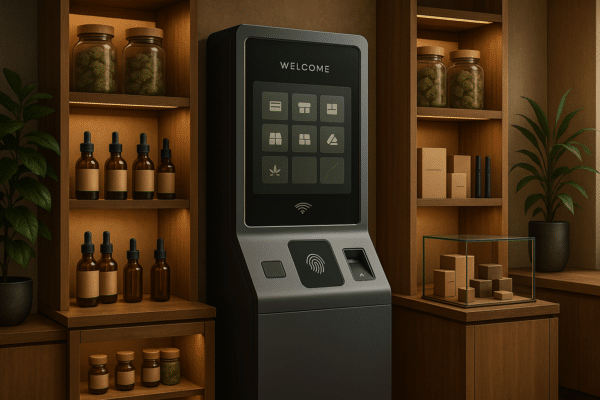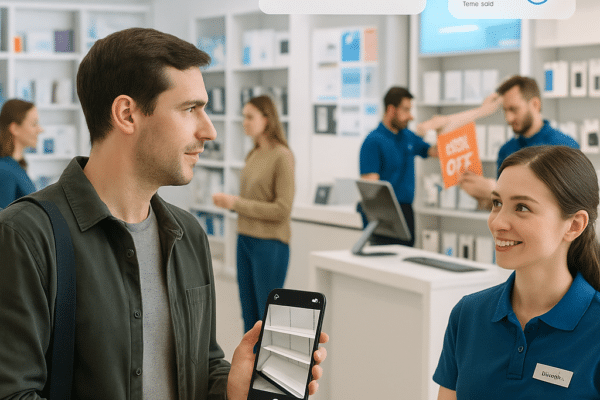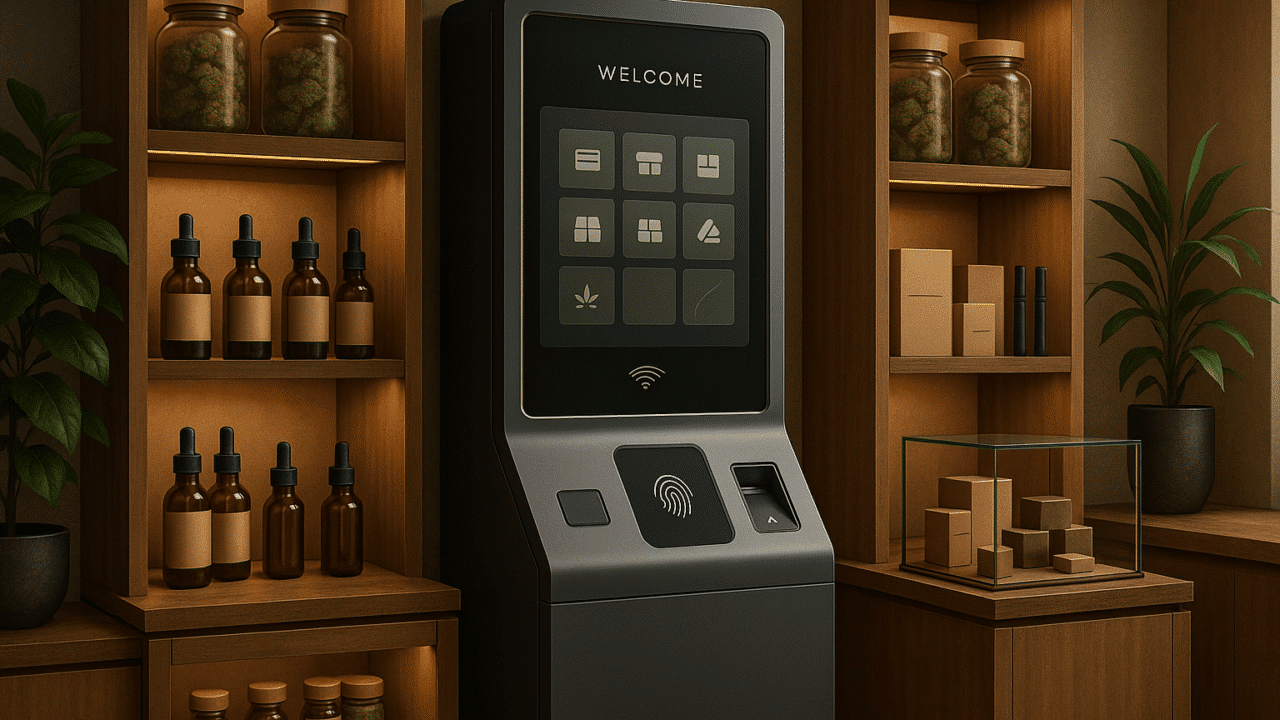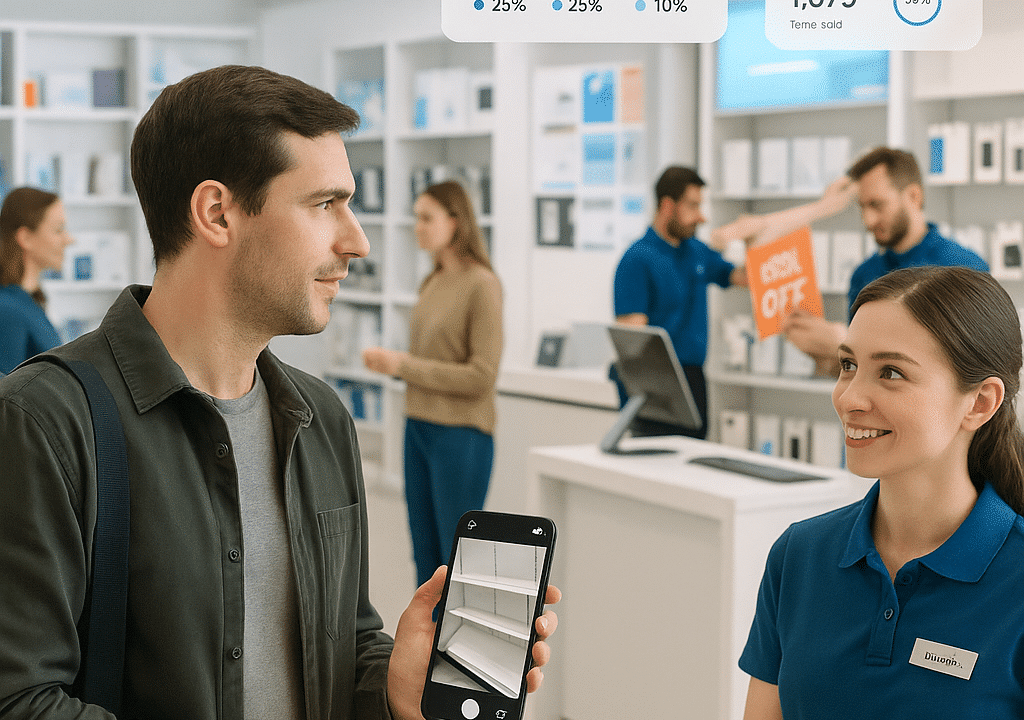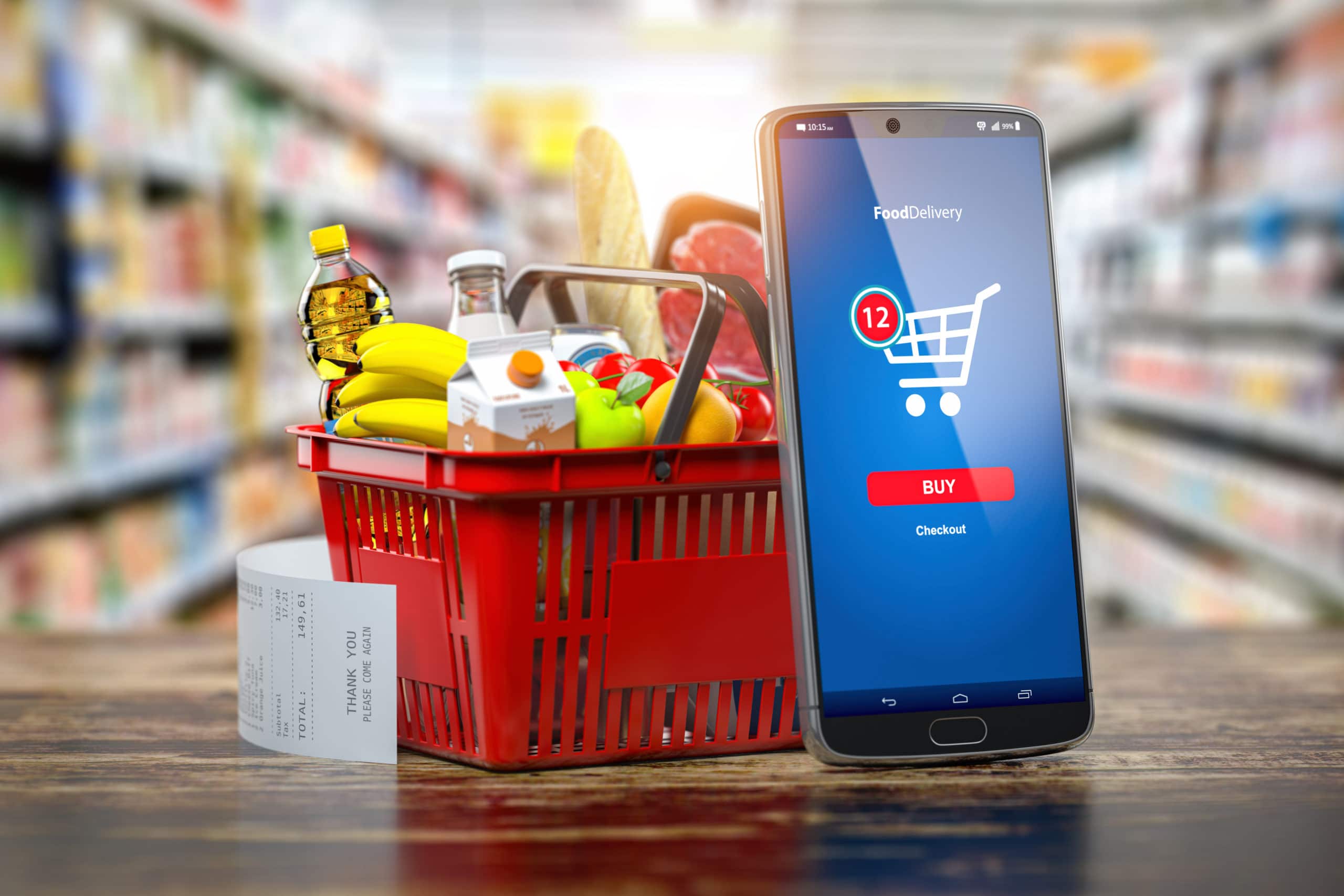
Retailers: Prepare now for COVID-19’s aftermath
What will business as usual look like once we’ve moved past the coronavirus pandemic, and will it go back to normal immediately? Absolutely not, and the time is now for retailers to prepare for the aftermath and make a path to the next normal.
While there’s no doubt that some retailers will be swamped — from restaurants to beauty businesses like hair stylists and nail technicians — we should all expect another “new normal.” People may still be nervous to gather in crowded public spaces, and many have gotten into a rhythm of working from home by ordering what they need online and picking up carryout food to eat at home in front of the television. And, with so much job loss, consumers may be more cautious with spending, especially on big ticket and luxury items.
Connect e-commerce and brick-and-mortar strategies
Physical retailers should be working on their push to get customers back into their stores (when it’s deemed safe) by coming up with creative ideas from sales incentives, loyalty perks and even welcome-back events. However, they should also anticipate that e-tail will continue to surge. Retailers need to make sure that their connectivity is stronger than ever between e-commerce and brick-and-mortar. Every retailer needs to build and implement a robust omni-channel presence. That will most likely look similar to how things are done now in the middle of self-isolation with offerings of home delivery and buying online for pick-up at the store.
Communicate your needs with landlords
Unfortunately, retailers of all sizes won’t survive the economic downturn caused by the coronavirus. I believe we’re going to see a lot of vacant spaces, and that’s going to impact what landlords charge for rent. Retailers need to rethink their current strategies, and begin working with landlords on downsizing, renegotiating leases, or asking for rent relief for a few months. Landlords do not want empty spaces, so it’s the time to be communicative and express your needs and what is necessary for your company to survive.
Recommended
Seize the business opportunities presented by the coronavirus
On the flipside, the coronavirus has presented new opportunities for some businesses to pivot and grow. Start thinking about how this change can actually grow your business. For instance, we’ve seen workout studios all over the country offering fitness classes on social media and through Zoom; a small yoga studio that could only cater to 20 people can now continue to gain customers and broadcast to people all over the world. Restaurants may need to continue to offer their produce and meats for sale or offer boxes of cook-at-home meals. It’s all about getting creative and evolving with the times.
Invest in technology
It’s also the time for retailers to invest in technology from smart fixtures to informational videos on display to cashless checkouts. Amazon has already set the pace for cashier-less grocery stores by launching Amazon Go in several cities like Seattle and New York. Customers check-in on their app and an array of cameras and software track what they buy and charge them when they leave. This type of technology can help reduce labor costs and put businesses in a better position to make money or weather a financial storm.
I’ve been speaking about robotics in retail for quite some time now; they can do everything from scanning store shelves to seeing what needs to be restocked to safely greeting customers. In turn, that means retailers can use their resources to restock shelves or clean and disinfect the store. At T-ROC, we’re actively in discussions with many retailers about their future retail technology strategy, including robotics, smart fixtures and labor-less solutions.
Apply the lessons learned from the coronavirus
When it comes to business tactics, retailers need to learn from what just happened. Log all of the challenges you’ve faced and put plans in place for the future. Pay attention to things like how this emergency event disrupted supply chains or impacted keeping up inventory and evaluating finances like making payroll and company expenses. Make note of what worked and what did not.
Cultivate employee loyalty
Most importantly, how retailers treat their employees now will make all the difference in company loyalty when the coronavirus is (hopefully) a thing of the past. Those who have temporarily laid off employees should do their best to communicate regularly with them. Retailers will need to hire them back, so nurturing those relationships and staying in constant communication is key. One of the ways you can help is to be there as an information source. Make sure employees have the latest information on unemployment benefits and the new Covid-19 stimulus package.
The truth is, we don’t exactly know what the aftermath of the coronavirus is going to look like for retailers — everyone is in a wait-and-see pattern — but if we start making proactive decisions and strategies now, we’ll be better able to handle the repercussions.
To learn more about Brett Beveridge, his company, T-ROC Global, his awards, speaking opportunities and upcoming ForbesBooks launch, visit www.bbeveridge.com.
The Revenue Optimization Companies (T-ROC Global) is home to four sales solutions companies that enable clients to fulfill all of their sales performance needs. The companies are: The Retail Outsource (TRO), Mobile Insight (MI), The Consumer Insight (TCI), and SYMBITS.
Brett Beveridge is the founder and chief executive officer for The Revenue Optimization Companies (T-ROC Global). Beveridge is a serial entrepreneur who builds businesses from the ground up. Since founding T-ROC Global, the company has evolved to become a leader in the wireless, electronics, software and retail industries.



